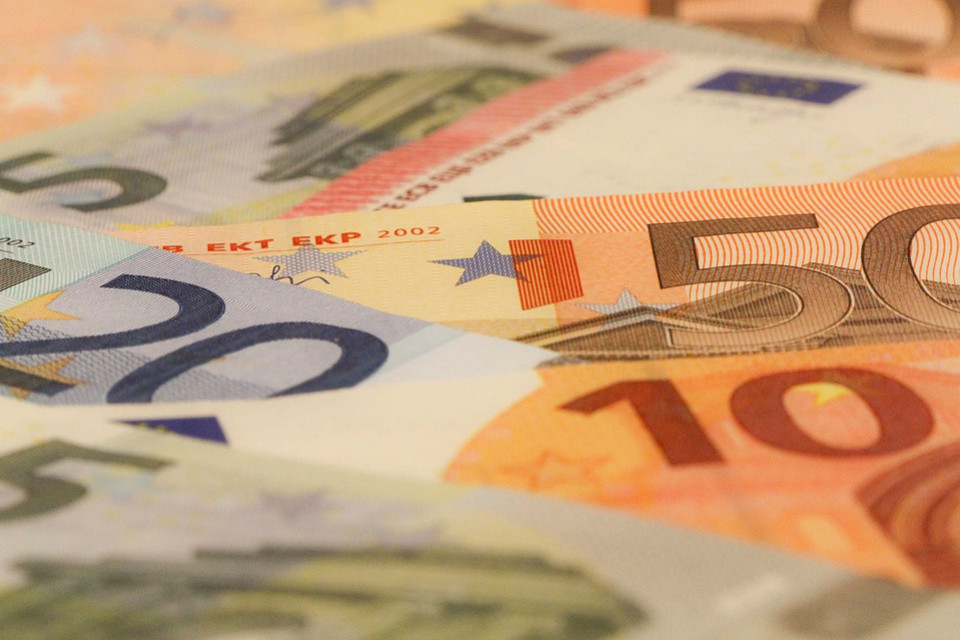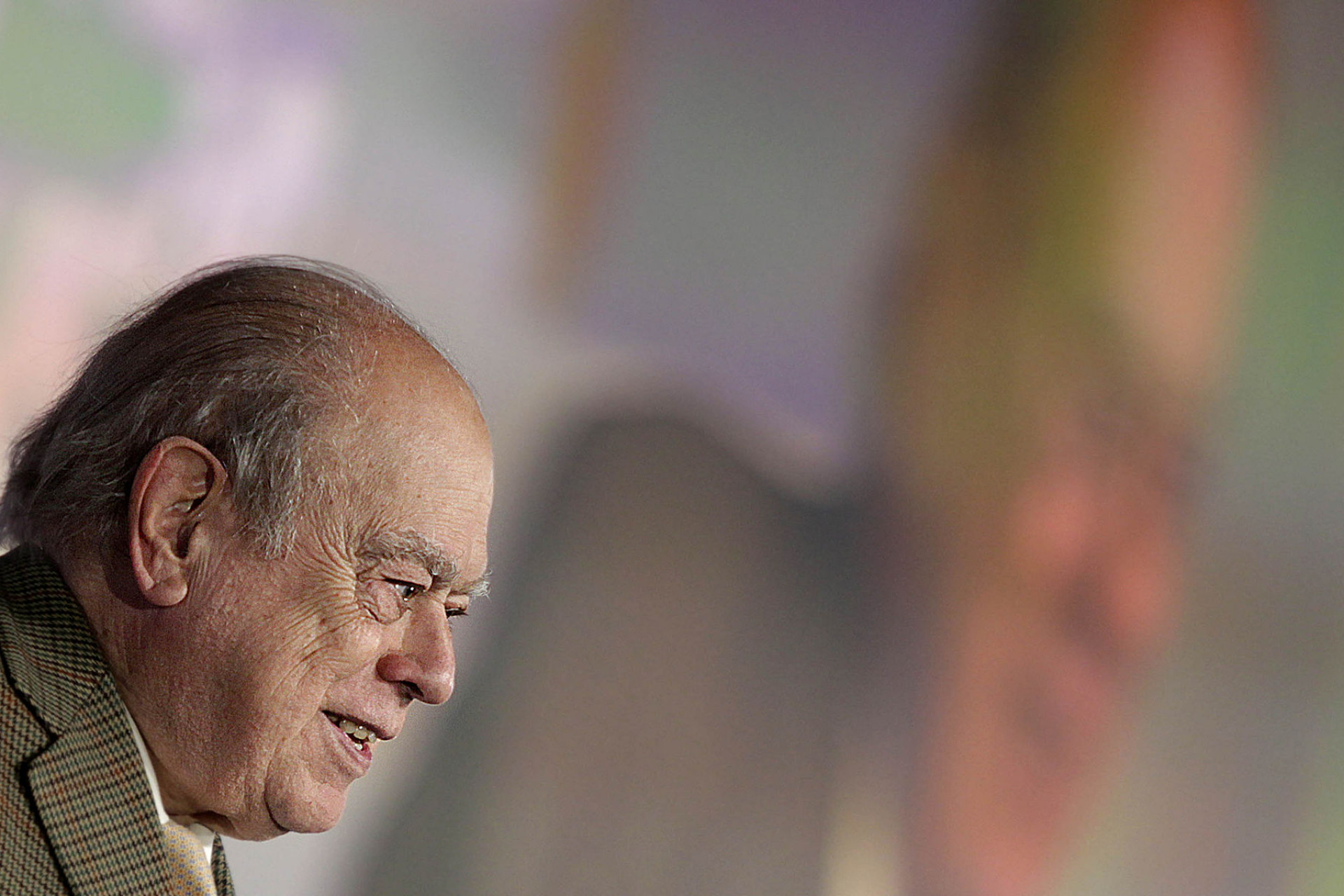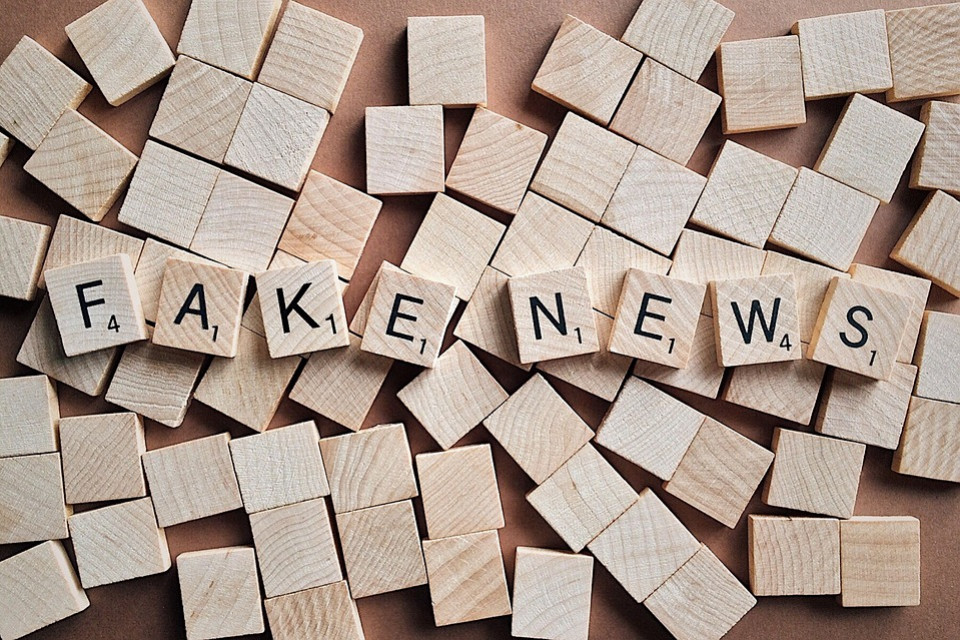The current Catalonian independence movement, like most of these processes, has its origin in economic causes. The economic crisis cooled relations between the central government and the Generalitat, there was an increase in the public deficit, unemployment, the extension of budgets, the control of spending on budgets despite being quite restrictive and the request for greater powers to solve their problems have been the causes that have led to this situation. On the other hand, scandals in the public eye such as the case of the Pujol, even those who are suffering from the party in the government, leads us to think that some of the things that are said are smokescreens to cover each other. and there is no intention to solve the problems of the tired everyday citizen, who is far removed from the media exiles and the millions of Euros involved in cases of corruption of all colours.
MEDIA PROFITABILITY: BUSINESS ONE AND THE INFLUENCE ONE
The first reflection, before speaking about grants to the press, both in Catalonia and elsewhere, is to always keep in mind that a newspaper company differs from the others in that it has two types of profitability: economic and ideological, or of influence if you like. Economic profitability is easy to understand because the valuation criteria are applied to the others.
However, the profitability of influence is more difficult to measure numerically. The history of journalism is full of cases that indicate to us the existence of the profitability of influence. This type of return is capable of determining whether a government wins or loses an election through its media role, or has the capability to involve or not a country in a war.
A quite representative case is that of the Hearts Group's strategy to raise awareness among the American public about the advisability of entering into war against Spain over Cuba.
The newspapers of the Hearts group continually gave false and exaggerated news turning the American public opinion in favour of the war. In fact, it would be in colonial Cuba where the Catalonian press would "internationalize the problem," as Puigdemont calls it two centuries later. A political strategy that produced more profitability for the Catalonian people than the current "Procés" and which Cambó called "the Catalonian lawsuit".
This aspect has been quite well studied by Professor Lluís Costa, in their studies on the projection of Catalonia in Cuba. in which there are cases such as "La Catalá" which was the first Catalonian emigratee publication in the entire world. During those first years the Catalonian press complained that "the Catalonians were rushing to work and that people did not take root there" (La Llumanera de Nueva York in April 1878), but as Cuban independence progressed, the Catalonian independence movement communicated with some publications regarding the independence of Cubans and vice versa. Existing Catalonian publications reached countries such as Uruguay or Argentina.
This leads us to consider how significant it is for the power groups, such as the Catalonian independents, to own the property of a journalistic company and control the media.
GRANTS SHOULD NEVER BE POLITICIZED
Taking into account this characteristic, we can deduce that any government or institution that helps a communication medium can in return demand some ideological loyalty. Which is a danger to public liberties. Politicizing subsidies to the press is a mistake that indicates a bad democratic system. Because it may be the case that these grants represent the tyranny of the minorities, not to representative minorities but rather to those that rule by imperative. So the more transparent and less discriminatory it is, the better will be the democratic climate coexisting together with ideas of all colours. Unfortunately it is not the situation.
The Catalonian Law of October 16th, 1995 has a strong linguistic component since it insists that the meaning of this law is "progressive linguistic normalization", and all its sections focus on disseminating Catalonian.
Subsequently, in the Order of July 6th, 2011, it requires that the aid be given when they have the approval of the Code of Ethics of journalists in Catalonia and of the Information Council of Catalonia.
This law is quite interesting when it demands at the end that there is a committee of experts such as the Information Council of Catalonia. As a formula to avoid the absolute power of politicians in implementing it. Unfortunately, this measure does not prevent it in such a politicized system.
In the first place, the aid laws have to be applied to a business and political anti-subterfuge. They may seem to us in their wording to be of enormous validity but their error is precisely in their lack of accuracy. When for example Puigedemot says in Parlament that they will be distributed "proportionally"... it sounds quite good. However, we have to have a critical bent and put greater demands on our politicians. Because nice words do not do justice and we have to qualify proportionally to what. Otherwise, the objectivity of the norm does not exist, and free interpretation that does not benefit anyone can be applied.
When in the Parlament, we get to the discussion, preceding the illegal referendum, the subsidies are only for the means that support the "Process". It is not an example, however positive and democratic it may sound to support a referendum. Because it is also does not support it, not wanting to publish anything about it, because my readers do not consider it as such, besides considering it illegal. If grants are only given to those who support a certain ideology, we are cancelling out the reason for the aid, which is to foster ideological diversity. So it is a discriminatory attitude not to consider that, in a democracy, those who do not think the same as we do are also subjects, also with their rights. On the other hand, it breaks with the true concept of internationalization, since if Catalonia comes first before Spain, then Catalonia itself is being decentralised.
Linguistic normalization is practically completed and it has to be maintained so that wanting to implant the monopoly of the language is not profitable for anyone. It would be incomprehensible to see the Scots who refused to learn English and focus on Scottish and Gaelic, and refuse to maintain the British language.
We cannot let ourselves fall into situations, such as a mobile application CatApp, which aimed to spot those establishments with greater linguistic responsibility as regards Catalonian to encourage its spoken, written and virtual use. As El Mundo pointed out on March 3, 2010, in which the Member of Parliament Teresa Giménez Barbat said "It is unheard of for a government of a region part of a member state to dedicate public money to finance actions that encourage spying on and dividing society " In this case, not only the Spanish was discriminated against, but also the French.
But we have to also warn citizens that subsidies to the press are today not the most common way to control the media. These are "extraordinary grants" such as discretionary payment to opinion leaders for writing conferences and writers of institutional books that are not sold, visa cards, costly or difficult to quantify gifts, unjustified awards, revolving doors to journalists in exchange for producing biased information, communication companies directed -in many cases by people without qualifications- but with large lists of clients, the writing off of debts whether state or private, commission of reports from journalists, contracts of companies to consultancies that influence more than the laws themselves in the public opinion and in the independence of the media.
This type of extraordinary aid conditions the day-to-day of information more than the vaunted grants, and are less known to the public.
Cases have occurred, such that of Puigdemont's wife, in which El Mundo denounced the media montage that she keeps up thanks to a sum of 12.3 million public Euros received between 2008 and 2014, more than 2,53 million of them accounted for in the last year 2016, under subsidies and institutional publicity, as recorded in the records of the Official Gazette of the Generalitat.
On the part of the Central Government there are circumstances that deft comprehension, such as that the digital press receives subsidies, despite the fact that Article 155, which should regulate this aid, is in application. The beneficiaries being: La Vanguardia, the newspaper and other smaller ones like directe!cat, Vilaweb, Ara o El PuntAvui. Nevertheless it is the case of Catalonia Diari that has not been granted anything despite having, in its latest records of comScore, an audience of 685,000 unique users in November and 1.6 million in October.
Finally, what all power groups, including Puigdemont, should not forget, who want to use the media for their purposes, that most of the traditional state aids to the press have been taken over by the bank. The privileged credits, whether for the purchase of technology, the payment of taxes, and even the large amounts to carry out ERE-type dismissals have been financed by the bank. And the bank always wins.
CONCLUSIONS
All grants that are awarded under the concept of "Institutional publicity", from the different public administrations, which should be by public competitive bidding and individualized by campaign and presenting a budget in a specific way. So there is transparency in the process and you cannot then inflate the budgets or allocate the money to another item.
The best help for our democratic system is transparency and to help journalistic companies in a timely manner to promote freedom, at a highly critical juncture in economically and socially. Therefore, the aid has to be independent and should not be asked in exchange for ideological or economic considerations.










